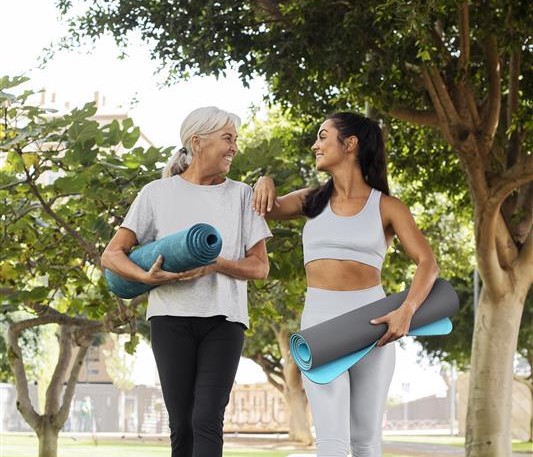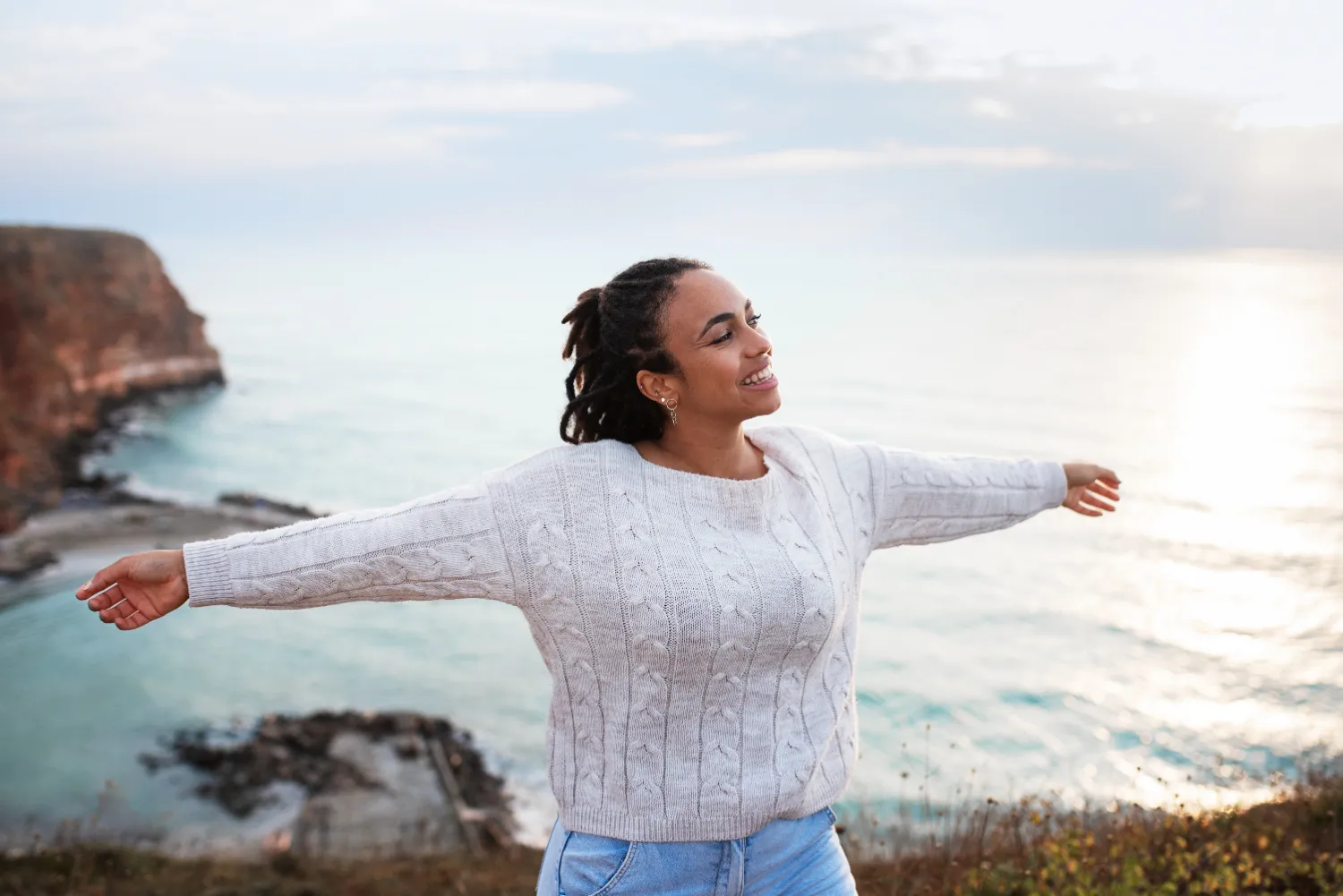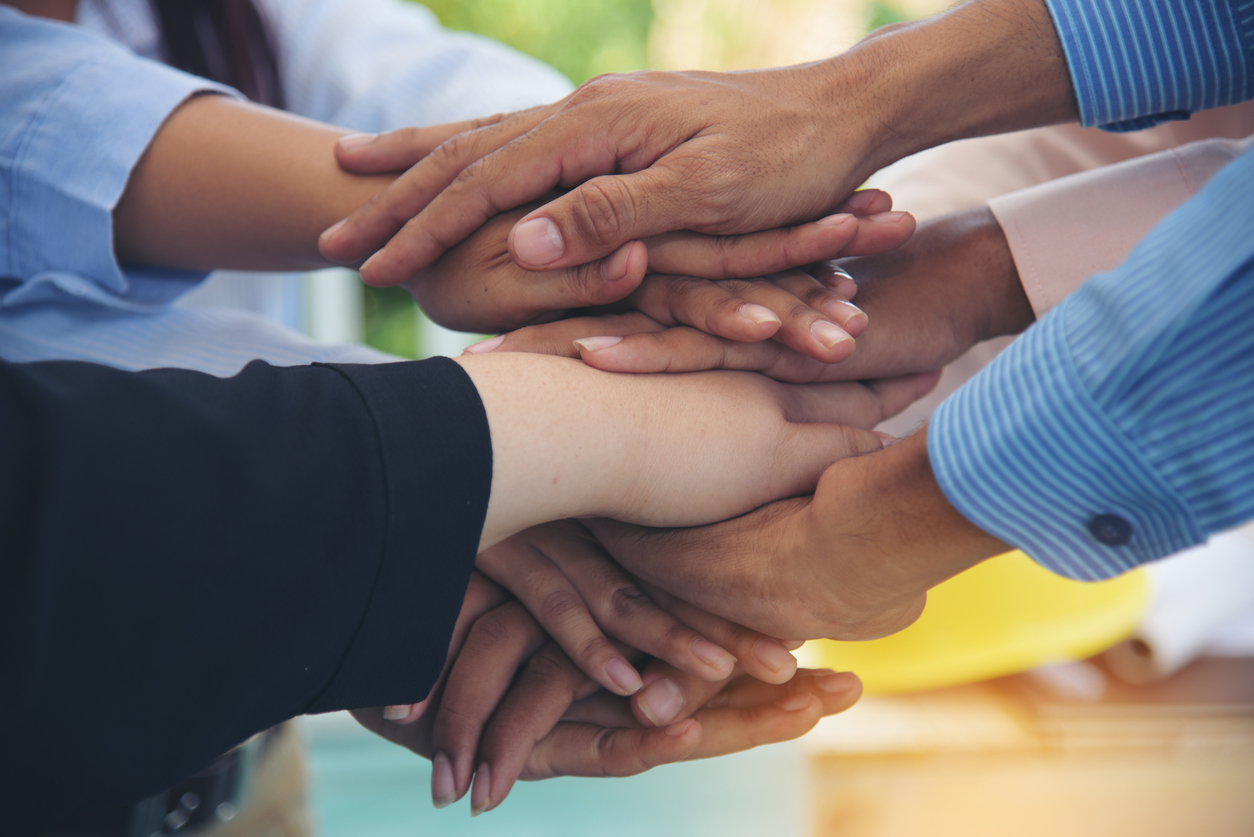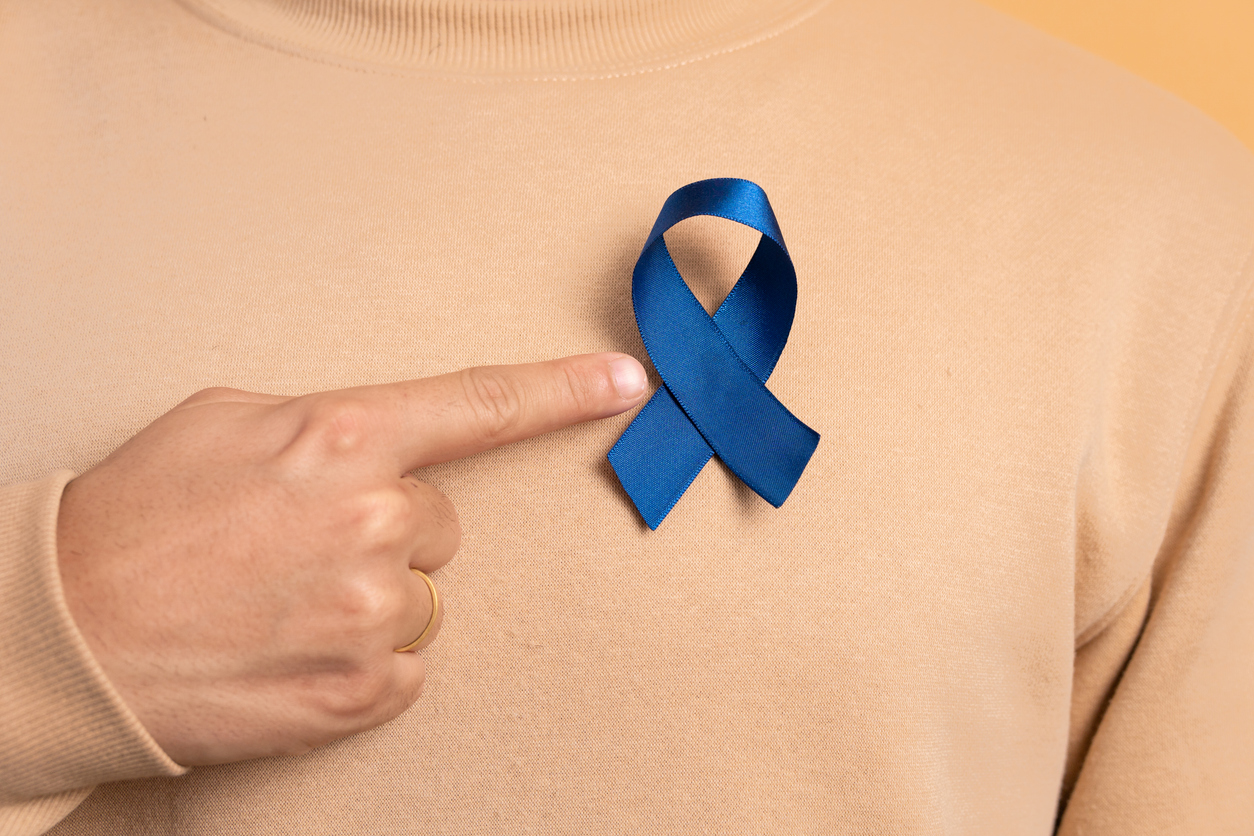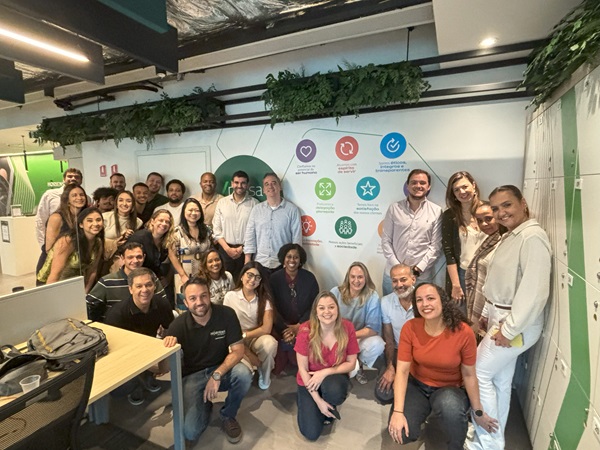Self-care and breast cancer prevention: a call to celebrate life

Written by: Horiens - 06/10/2023
The month of October brings with it a call to action that can have an impact on the future of many people: breast cancer prevention. This is the time when the world comes together to raise awareness about the disease and emphasize the importance of early diagnosis, in the movement that has become known as Pink October. The campaign, which is held internationally, warns women to have regular breast exams to detect possible changes.
This movement in favor of prevention has a clear motivation. Every year millions of new cases are diagnosed worldwide and early detection can be decisive in the prognosis and treatment of the disease. For this reason, Pink October is also a time to celebrate life, and anyone who has had the experience of facing breast cancer knows what that means.
About eight years ago, businesswoman Franci Nalin was diagnosed with the disease. The discovery came after she identified a lump in her breast and sought medical advice. After an intense journey of treatment, she managed to recover, but three years later, another tumor appeared in her breast. “Those were difficult times, with a lot of insecurity. I crossed the desert again, but with my head held high. I worked during the week and had chemotherapy at weekends. Faith helped me through this process. It will soon be five years since I was free of the disease. It’s the cure,” she says.
Cancer also left a deep mark on the businesswoman’s family. At different times, her father, aunt and mother-in-law were diagnosed with tumors in other parts of the body. “Family is a very important point of support. Having someone to shake your hand, pray for you and take it easy at this time is essential. On the other hand, when you’re a support network, you also feel fear, you’re apprehensive, sometimes you want to encourage the person, but you yourself are sensitive. It’s impossible to go through this alone,” says Franci.
Who do you look after?
When someone is diagnosed with a disease like breast cancer, the whole family feels it, which is why prevention is also an act of love. The first step to overcoming the disease is awareness: knowing the risk factors, the prevention methods and, above all, being aware of the importance of regular mammograms. In addition, investing in healthy habits can reduce the risk of developing the condition by up to 30%. Check out some tips and practice self-care:
Know your body
The first self-care measure you can adopt is to get to know your own body. This means being aware of your own physical sensations and how your breasts normally look. This doesn’t prevent cancer from developing, but it does allow you to identify suspicious changes and act quickly for your health.
Healthy eating and physical exercise
Maintaining a balanced diet and exercising regularly not only improves your general health, but can also reduce the risk of breast cancer. Eating foods rich in fiber, fruit and vegetables and avoiding alcohol are habits that can make a difference.
Reduce stress
Chronic stress can negatively affect the body’s health. Find ways to reduce stress in your life, with relaxing activities, meditation, leisure time with loved ones or simply by taking time out for yourself.
Avoid exposure to carcinogens
Find out about potentially harmful chemicals used in cosmetics, cleaning products and other everyday items. Look for safer solutions and avoid contact with materials that pose a risk to your health. This also applies to cigarette smokers, rich in harmful substances. The best thing is to stay away!
See your doctor regularly
A qualified professional is best placed to analyze individual risks and provide guidance for each case, making the appropriate medical referral. Take the opportunity to schedule an appointment and have your preventive exams. Check with your health insurance provider how they can support you in this.
Check out Franci Nalin’s full statement on the subject on our YouTube channel. Click here.
Check out the Live that Horiens held with physiotherapist, women’s health specialist and professor Paula Cristina Gonzales. Click here.



